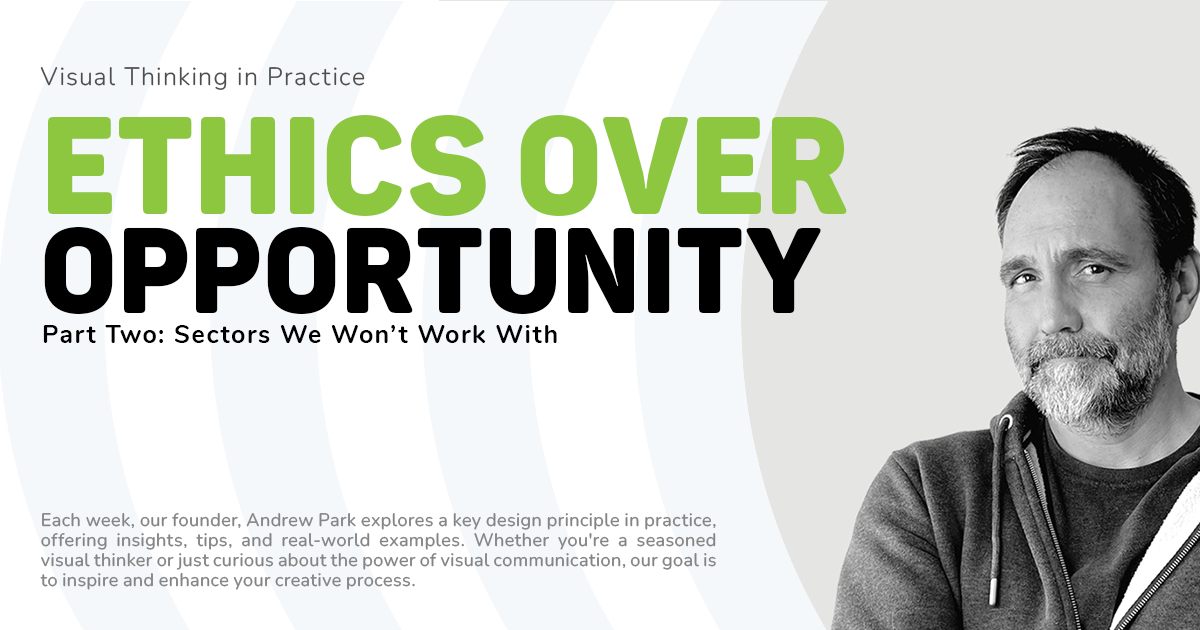It’s that time of year again - the songs are back, the special adverts are here and we’re settling down again to watch the movies we only see once a year. Whether you relate more to Will Ferrell’s character in ‘Elf’ or ‘The Grinch’, it can only mean one thing. Christmas is coming!
This year, we’ve looked beyond the ‘ho ho hos’ and THAT Coca Cola ad to ask something else about the Christmas season, ‘the most wonderful time of the year’ (there, now you have the earworm too). Is Die Hard a Christmas movie?
We’ve seen the arguments on either side, but we’re still not sure. It’s got Christmas lights, Christmas jumpers, an office Christmas party and a grinch who literally stole Christmas.
There’s Christmas music on the soundtrack, John’s wife is called Holly and there’s even snow. But its most famous line, “yippee ki-yay”, doesn’t sound like something you’d write in a Christmas card and automatic weapons aren't exactly festive.
Director John McTiernan has joined the debate by saying, “yes…it's a Christmas movie”. At a deeper level he says “[it] is a rejection of authoritarianism, as well as the excesses of capitalism.” But even after this, we’re still not sure. It doesn’t feel quite right to have it following Elf or Klaus in a Christmas movie marathon.
Let us know which camp you are on when it comes to Die Hard. It was great fun illustrating and animating this question; we’ll take any excuse to stretch our visual thinking muscles! Visual thinking is the basis of everything we do, whether it’s exploring Christmas debates or creating whiteboard videos for a staff training programme.
Our mission is to make complex messages simple and dry messages engaging. We use whiteboard animation to do this, a technique we have loved since developing while creating the RSA Animates series. We’d love to talk to you about the ways visual thinking could supercharge your story, book a discovery call today!










Explainer videos are a dynamic tool that has been revolutionising the way we communicate. Whether it's through animated explainer videos or captivating whiteboard animations, these visual storytelling marvels are transforming the communication landscape in seven key ways.